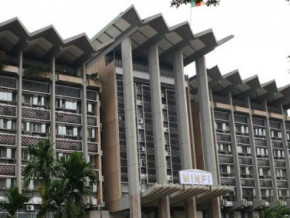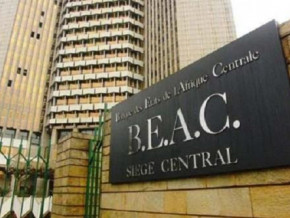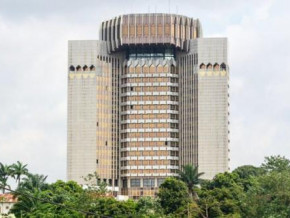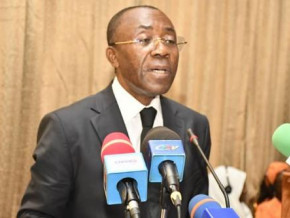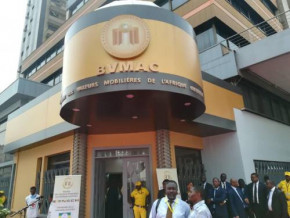
Mobile telephones: the battle is down to the wire

(Business in Cameroon) - In the last 10 years, the mobile telephone sector has certainly been the most flourishing, dynamic sector in Cameroon. Indeed, according to Telecommunications Regulations Agency (TRA) statistics, the nation’s telecom watchdog, the mobile penetration rate moved from a low 9.8% to 71% in the 2004-2014 period.
In addition, though telecom and ICT companies account for 50% of the jobs in this tertiary sector, as the Cameroonian Postal Services and Telecommunications Minister, Jean Pierre Biyiti bi Essam suggests, most of these jobs are actually in mobile telephone sector. This is all the more the case as the MTN-Orange duo, which dominated this market up to September 2014 when a third company arrived, officially created 6,000 direct jobs and over 300,000 indirect jobs, mainly through its vast network of subcontractors.
The cellular phone industry in Cameroon generated 500 billion FCFA in sales in 2013 and paid around 617 billion FCFA in taxes to the Treasury Department in the last five years. It also has 17 million customers out of a national population of 20 million. Some 11.2 million of these customers are signed with the local subsidiary of the South African company, MTN. Only three months after its September 18, 2014 launch, the third cellular service company, Nexttel already has 400,000 subscribers. This is a testament to the dynamism and wealth of opportunities found in this sector.
Since the start of 2015, new energy has been pulsing through the cellular phone sector in Cameroon. Firstly, because of the newcomers, including Nexttel, which should now be established after over 5 months of activity, then Camtel, the longstanding operator, which should be launching its cellular licence this year. 2015 marked the beginning of the era of 3G and the 4G innovative technologies which should significantly improve the efforts of the operators to improve service quality (particularly the internet which is still hardly accessible in the country), to improve the quality of service and probably lower costs.
Lastly, and most importantly, 2015 is the year of the 2nd generation mobile phone service in Cameroon. Indeed, the licences of the two operators, MTN and Orange, are coming to a close in the coming weeks. And renewal negotiations, which have been going on for days now, are very tight. Each mobile phone company is required to pay 75 billion FCFA to renew their 3G and 4G licences for a period of 10 years.
According to Maas Telecom, the firm assisting the government in these negotiations, this fee is in keeping with the company’s profits which range between 750 billion and 1.2 trillion FCFA that MTN and Orange are expected to make in 10 years with the 3G licence. This despite the battle which promises to be a rough one, with the two new operators, including Camtel which has the monopoly on fibre optics.
Mags frontpage
- Most read 7 days
- shared 1 month
- read 1 month



